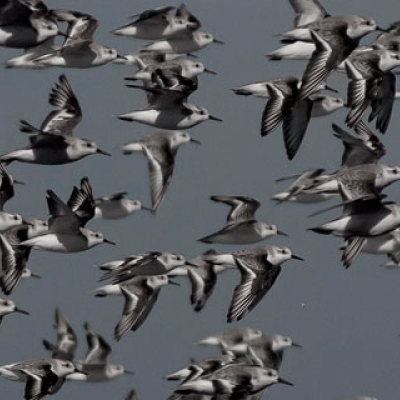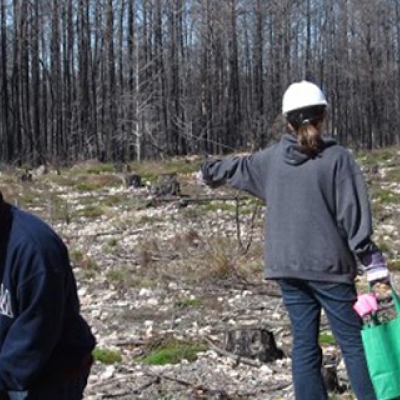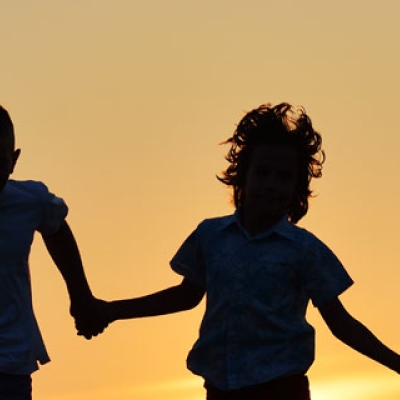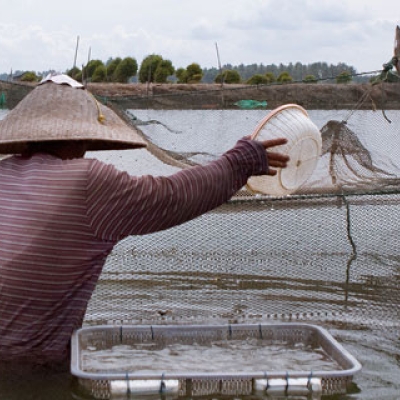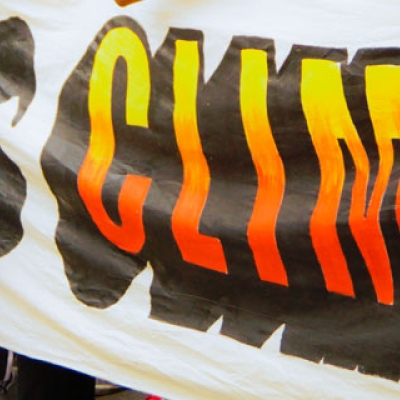
What frontline communities are pushing for at the Paris COP
By Laurie Mazur / On December 7th, 2015
As representatives of communities of color on the frontlines of climate change, we appreciate the sentiments of hope, ambition, accountability, and commitment in President Obama’s remarks at the Paris climate talks.

